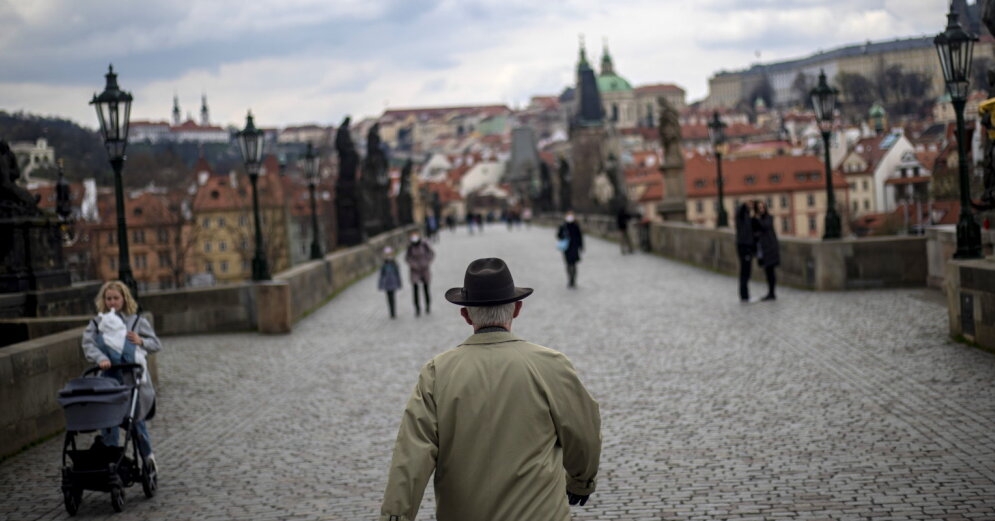Last year in the Czech Republic began relatively calmly. Billionaire and Prime Minister Andrejs Babišs He fought with the European Commission and the international anti-corruption organization Transparency International, while Prague Mayor Zdenek Hrzib earned global publicity by launching an oral battle with China and Russia. The latter did so in the name of democracy and human rights, unexpectedly receiving a backlash from the great powers and, consequently, attention, but Babish was once again accused of abusing his political position for material gain. Then came the pandemic.
Direct flights from Prague to China were suspended at the beginning of February 3, but just a month later, on March 3, the first three positive results of a coronavirus test were recorded in the Czech Republic. With the spread of the virus, movement to and from Italy, Europe’s first epicenter of the pandemic, was soon restricted, face masks were banned from the country, a biathlon World Cup was organized without spectators, and many more ambitious and smaller restrictions were adopted, just like anywhere else in the world.
Flirting with the East
Previous political battles have therefore not been wiped off the agenda with the outstretched hand. The mayor of Prague “placed” the Russian embassy in a square named after the murdered Russian oppositionist Boris Nemtsov and removed the statue of Soviet Army Marshal Ivan Konev, erected in 1980, provoking a sharp Russian reaction. The Babiš government’s action against the European Commission, on the other hand, only once again marked the Czech political opposition to Brussels, even though it was due to the suspension of the disbursement of so-called European funds to the agrochemical company Agrofert, the real beneficiary of which is Babish himself.
–


